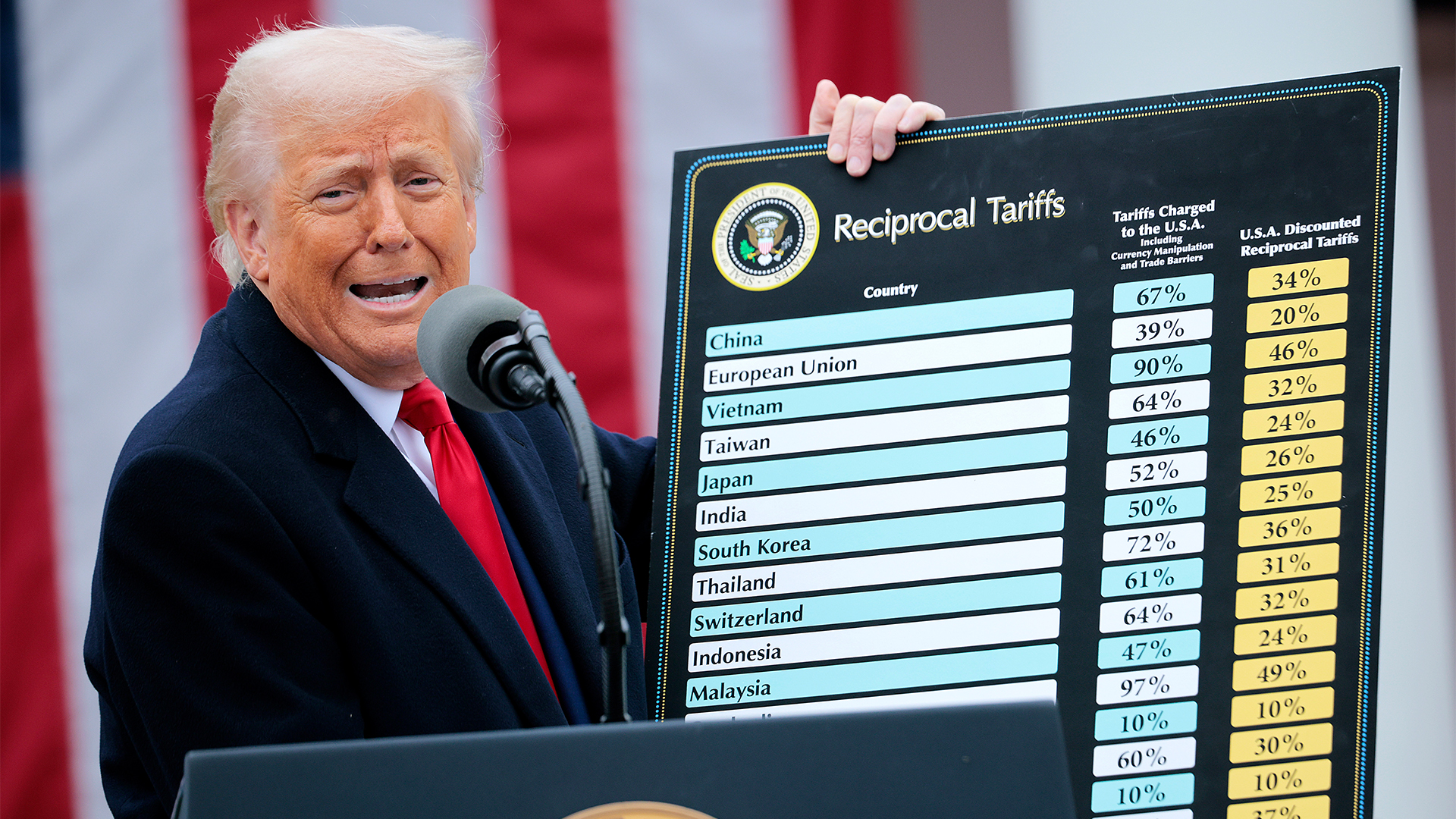President Biden and Senator Schumer ready semiconductor supply chain initiatives
Majority Leader primes pump for $100 billion in science and technology funding


The US's top democrat signaled a funding commitment to bolster critical areas of the country's tech economy yesterday while the President moved closer to signing an executive order addressing the semiconductor supply chain issues.
During a weekly press conference, Senate Majority Leader Chuck Schumer called for a legislative package to strengthen domestic competitiveness in areas ranging from AI to semiconductors. The legislation would include emergency funding for semiconductor programs initially announced in the National Defense Authorization Act (NDAA).
Schumer based his latest proposal on the Endless Frontiers Act legislation he introduced last year that promised $100 billion to reinvent the National Science Foundation (NSF). That bill would have directed funding to university-based technology research centers pursuing fundamental research across 10 disciplines and channeled $10 billion through the Department of Commerce to regional technology hubs.
On Tuesday, Senator Schumer told reporters he’d directed committees to work on the package and hopes to have a bill ready by the spring.
The Semiconductor Industry Association (SIA) responded positively to Schumer's announcement.
"The key to winning the global competition for leadership in the game-changing technologies of the future is to turbocharge US innovation," it said. "To help accomplish that goal, we urge the Biden administration and Congress to invest boldly in domestic semiconductor manufacturing and research. Doing so will help keep the United States on top in this foundational technology, while also strengthening America’s economy, job creation, national security, and critical infrastructure.”
Last week, the SIA joined a coalition of 16 business groups in urging the President to fund the NDAA's semiconductor manufacturing and research measures. The group also asked for an investment tax credit to help build more domestic semiconductor fabs.
Get the ITPro daily newsletter
Sign up today and you will receive a free copy of our Future Focus 2025 report - the leading guidance on AI, cybersecurity and other IT challenges as per 700+ senior executives
Reports also suggested President Biden will sign an executive order addressing the ongoing semiconductor chip shortage this month, possibly as early as today. Press secretary Jen Psaki flagged that order earlier this month, promising it within weeks. It would explore actions such as improving domestic physical chip production and working with allies to develop a coordinated response to supply chain bottlenecks, Psaki said.
The impending executive order would order 100-day reviews of supply chains across four sets of products, including computer chips and large-capacity batteries, reported The Verge, which expected the order to be signed today.
Hopefully, a federal intervention will help address supply chain issues that have plagued automotive companies in the US with semiconductor shortages and forced several to shut plants. Worsening the problem was this month's winter storm that forced semiconductor companies to halt production.
The president's election campaign pushed hard on domestic tech, promising a $300 billion investment in US-made materials, services, research, and technology.
Danny Bradbury has been a print journalist specialising in technology since 1989 and a freelance writer since 1994. He has written for national publications on both sides of the Atlantic and has won awards for his investigative cybersecurity journalism work and his arts and culture writing.
Danny writes about many different technology issues for audiences ranging from consumers through to software developers and CIOs. He also ghostwrites articles for many C-suite business executives in the technology sector and has worked as a presenter for multiple webinars and podcasts.
-
 Bigger salaries, more burnout: Is the CISO role in crisis?
Bigger salaries, more burnout: Is the CISO role in crisis?In-depth CISOs are more stressed than ever before – but why is this and what can be done?
By Kate O'Flaherty Published
-
 Cheap cyber crime kits can be bought on the dark web for less than $25
Cheap cyber crime kits can be bought on the dark web for less than $25News Research from NordVPN shows phishing kits are now widely available on the dark web and via messaging apps like Telegram, and are often selling for less than $25.
By Emma Woollacott Published
-
 IDC warns US tariffs will impact tech sector spending
IDC warns US tariffs will impact tech sector spendingNews IDC has warned that the US government's sweeping tariffs could cut global IT spending in half over the next six months.
By Bobby Hellard Published
-
 Apple to shift MacBook production to Vietnam in further step away from China
Apple to shift MacBook production to Vietnam in further step away from ChinaNews The plan has been reportedly been worked on for two years, with the tech giant already having a test production site in the country
By Zach Marzouk Published
-
 Microsoft targets optimised supply chain investments with new platform launch
Microsoft targets optimised supply chain investments with new platform launchNews Microsoft's new Supply Chain Platform fully harnesses Microsoft cloud to help businesses improve supply chain agility and resilience
By Daniel Todd Published
-
 Alibaba Cloud and Deloitte launch automotive application center in China
Alibaba Cloud and Deloitte launch automotive application center in ChinaNews The new facility draws on the expertise of Deloitte's automotive cloud team and Alibaba Cloud's computing resources
By Praharsha Anand Published
-
 Third party risk management essentials
Third party risk management essentialsWhitepaper How to manage third party risk within your organisation
By ITPro Published
-
 Google unveils new Assured Open Source Software service
Google unveils new Assured Open Source Software serviceNews New offering aims to protect enterprise customers using the same end-to-end security capabilities that Google uses for its own OSS portfolio
By Daniel Todd Published
-
 Amazon announces $1 billion fund to drive warehouse innovation
Amazon announces $1 billion fund to drive warehouse innovationNews The ‘Industrial Innovation Fund’ has already invested in five warehouse technology manufacturers
By Daniel Todd Published
-
 MTI reveals contingency plans after Sungard UK goes into administration
MTI reveals contingency plans after Sungard UK goes into administrationNews Provider says it is bringing in measures to ensure “minimal impact to customers”
By Daniel Todd Published